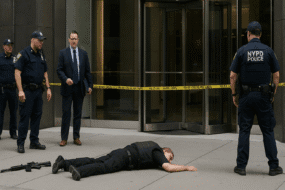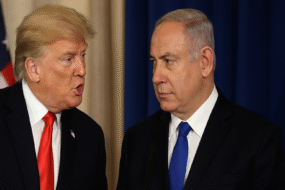The United States Supreme Court has rejected an “emergency application” filed by Tahawwur Rana, the accused in the 26/11 Mumbai terror attacks, which sought to block his extradition to India. Rana, a Canadian national of Pakistani origin, had claimed that his extradition to India would subject him to torture, especially as a Muslim facing charges related to the 2008 attacks.
In his petition, Rana argued that being sent to India would violate US law and the United Nations Convention Against Torture, as he faces significant risks due to his ethnicity and religion. He also raised concerns about his medical conditions, which include a history of heart attacks, Parkinson’s disease, chronic kidney disease, and cancer, stating that extradition would effectively be a death sentence.
Rana’s request for a stay was filed after the US courts cleared the way for his extradition following a decision made during the visit of Prime Minister Narendra Modi to Washington. During this visit, US President Donald Trump confirmed that Rana would face trial in India for his role in the horrific Mumbai terror attacks, which killed 166 people and injured hundreds more.
Rana, who is 64, was allegedly involved in planning the attacks with Pakistani-American terrorist David Coleman Headley, one of the key conspirators. The attacks targeted multiple locations in south Mumbai, including the Taj Mahal Palace Hotel, and lasted for three days.
This legal setback marks a significant moment in the ongoing efforts to bring justice for the victims of the 26/11 attacks.





